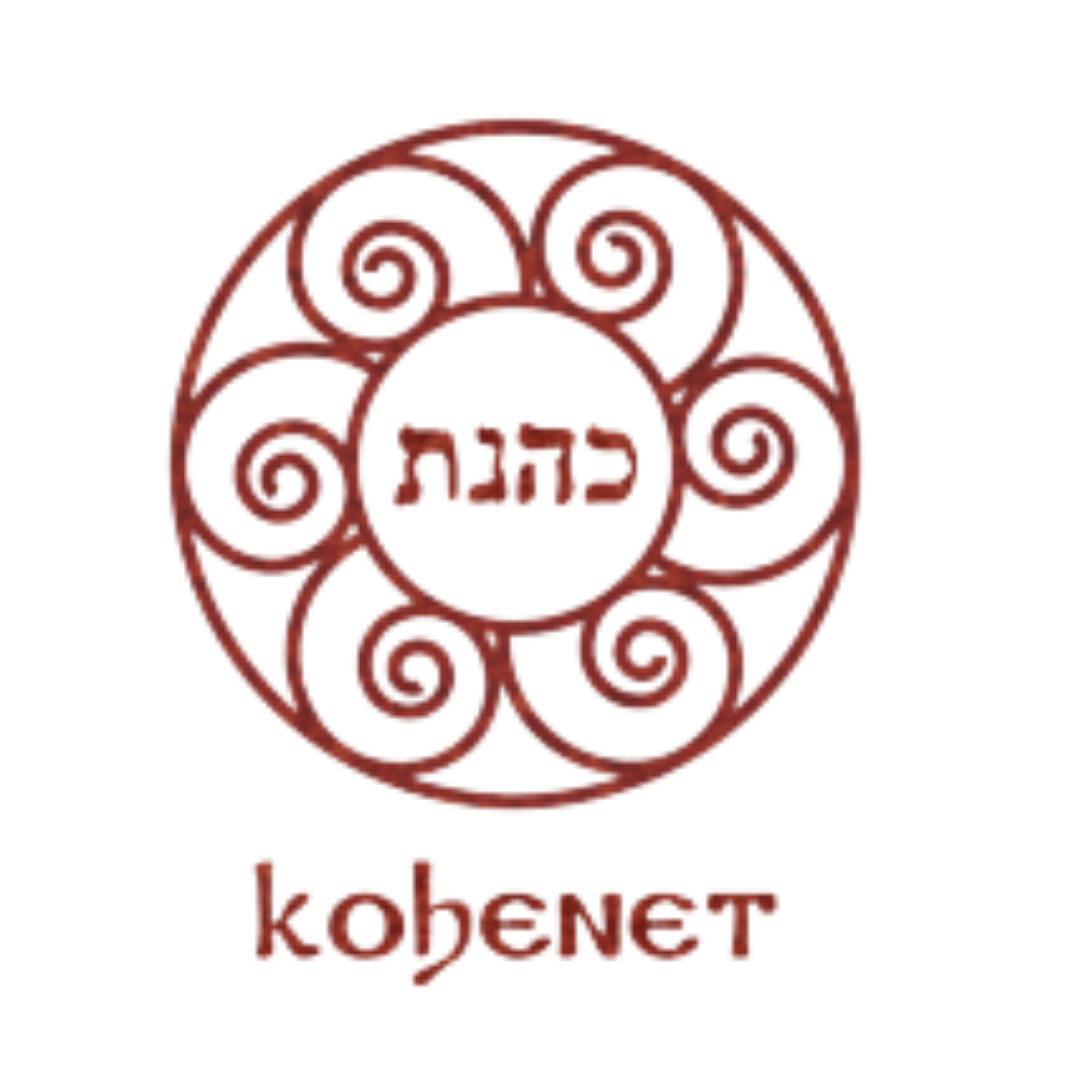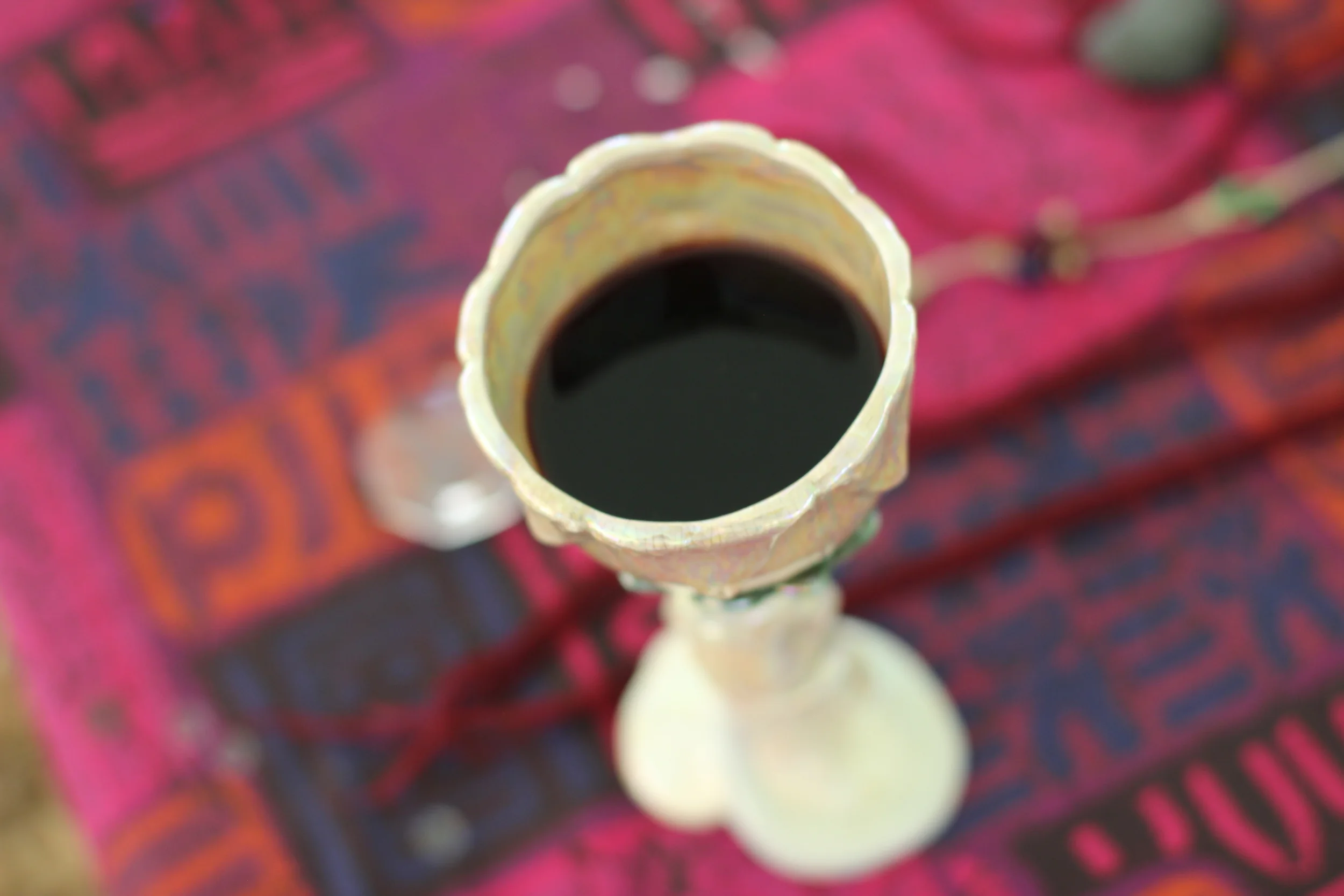THE FOUR CUPS AND THE FOUR CHILDREN
“I will take you out, I will save you, I will redeem you, I will take you to be my people.” - Four promises of the Exodus, represented by the four cups.
The Torah speaks of four children: one wise, one wicked, one simple, and one who does not know how to ask. - Passover Haggadah
Closing your eyes, take three breaths and find yourself at a seder table. You may be alone or there may be people with you. There are not yet any cups for the seder on the table.
The wise child, the chacham or chachamah, enters the room and brings you the first cup for the seder. Notice whether the wise child is familiar or unfamiliar, as well as all the other attirbutes of this child. Notice what kind of cup it is that the wise child brings you. If it seems right to you, take a drink from this cup. How does it taste? Observe what kind of liberation the cup of the wise child holds for you.
The wicked child, the rasha, enters the room and brings you the second cup for the seder. Notice whether the wicked child is familiar or unfamiliar, as well as all the other attributes of this child. Notice what kind of cup it is that the wicked child brings you. If it seems right to you, take a drink from this cup. How does it taste? Observe what kind of liberation the cup of the wicked child holds for you.
The simple child, the tam or tamah, enters the room and brings you the third cup for the seder. Notice whether the simple child is familiar or unfamiliar, as well as all the other attributes of this child. Notice what kind of cup it is that the simple child brings you. If it seems right to you, take a drink from this cup. Observe what kind of liberation the cup of the simple child holds for you.
The child who does not know how to ask enters the room and brings you the fourth cup for the seder. Notice whether this child is familiar or unfamiliar, as well as all the other attirbutes of this child. Notice what kind of cup it is that this child brings you. If it seems right to you, take a drink from this cup. Observe what kind of liberation the cup of the child who does not know how to ask holds for you.
Some say there should be a fifth cup at the seder. Perceive that you are the fifth cup. See what you are full with now that you have drunk from all four cups. Allow this fullness to flow out of you and become a blessing to all.
When you bless the cups at the seder, or when you read about the four children, you may wish to call to mind and share some of the blessings of the four cups that you drank during this inner seder.
Rabbi Rav kohenet jill hammer





